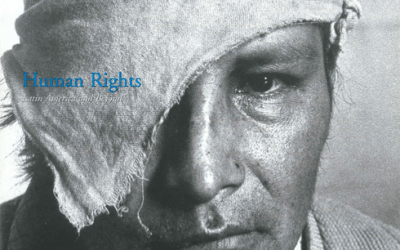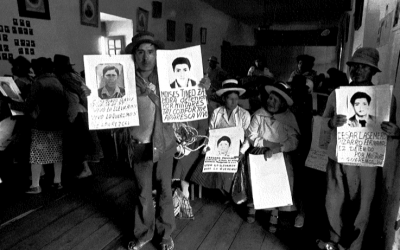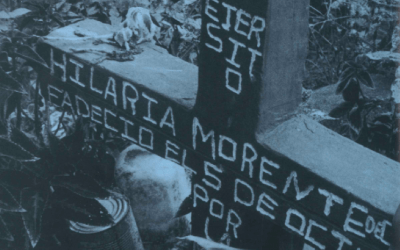Harvard Forum on Human Rights in Brazil
A Seminar Series for 2003-2004
The Harvard Forum on Human Rights in Brazil spotlights Harvard faculty and research centers engaged in human rights and Brazil-related research. It also features Brazilian scholars and practitioners at the forefront of discussion and studies of these issues. The year-long human rights series seeks to create a forum for debating policies and practices in Brazil in regards to civil, political, economic, social and cultural rights, including rights to health, food, education and work. The series focuses on Brazilian institutions and processes through which rights and duties are articulated and the degree to which they are protected and enforced. The forum stresses the international and comparative dimensions of human rights and the ways in which conceptions of human dignity are realized or suppressed through legal and political structures in Brazil.
Since the end of military rule in 1985, Brazil has made significant strides in the promotion of human rights through the creation of legal and political instruments to protect civil and political, as well as economic, social, and cultural rights. While common crime has exploded and social conflicts over land, civil rights and abysmal living conditions continue, members of the police and armed forces charged with preserving order and security have often relied on violence, torture and murder as means of social control. These worrisome trends have led scholars such as former DRCLAS Visiting Scholar and Tulane University Professor Anthony Pereira to argue that a “state within a state” still exists in Brazil: a security apparatus that operates with impunity outside the control of the authorities supposedly responsible for it.
The seminar is composed of nine sessions. Five panels will take place in Fall 2003, with the remaining four during the Spring 2004 semester. Discussions in the fall will focus on human rights with respect to urban criminal violence, participation and representation in governance, antiretroviral treatment for people living with HIV/AIDS and food security. Two of the four panels in the Spring semester will focus on race. One of these sessions will focus on concepts of race and equality within Brazilian society, while the remaining session will focus on education and affirmative action quotas. The remaining two Spring panels will focus on women’s rights and violence to children and child labor.
The series is sponsored by the David Rockefeller Center for Latin American Studies. The chair for the series is James Cavallaro, Associate Director at the Human Rights Program and Lecturer on Law at Harvard Law School and member of the Center’s Brazil Studies Committee.
The panels will take place at DRCLAS and at Harvard Law School, unless otherwise noted. The seminars will meet once a month. Further information will be found shortly at http://drclas.fas.harvard.edu/, or by contacting the DRCLAS Brazil Initiative Coordinator, Kelly Becker, drc-br@fas.harvard.edu or (617) 496-0155, or DRLCAS Program Associate, Lorena Barberia, barberia@fas.harvard.edu or (617) 496-4780.
Fall 2003, Volume III, Number 1
Related Articles
Human Rights: Editor’s Letter
During the day, I edit story after story on human rights for the Fall issue of ReVista. During the evening, I work on my biography of Irma Flaquer, a courageous Guatemalan journalist who was…
ONGs en América Latina y los derechos humanos
Las ONG ofrecen mil modos de recordar la dignidad humana a los gobiernos y las sociedades. Las dos experiencias que esbozo en esta nota reflejan algunas de las estrategias asumidas por…
Peru’s Human Rights Coordinating Committee
The human rights abuses that devastated Peru from the early 1980s to the mid 1990s are once again an issue of debate in that country with the release of the Peruvian Truth and Reconciliation’s…




